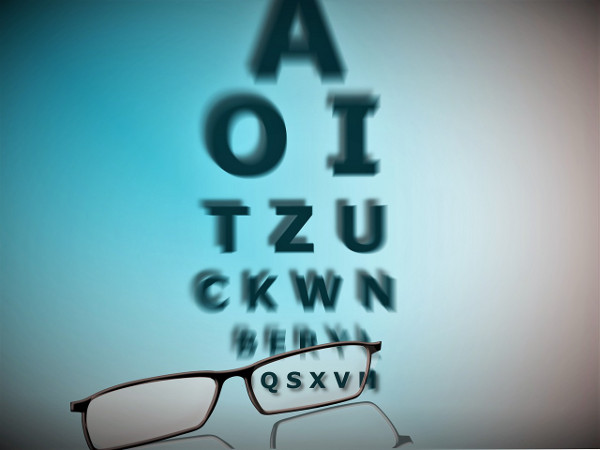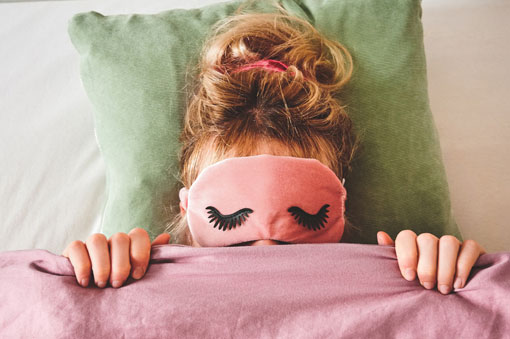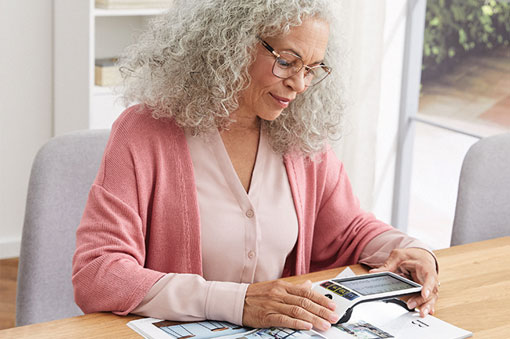By Joy McCarthy Oct 2016
Hands up if you've had your eyes tested recently? If you're anything like us here at Banburyshire, you often put things like eye tests off ... you're just too busy ... you keep meaning to ... but you never quite get round to it. Sound familiar?
Did you know there is a National Eye Health Week each year? The 2016 one was at the end of September and that prompted our intrepid reporters to go out and speak to James and Michelle Sutton from Butterflies Eyecare in Banbury. We wanted to find out why eye tests are so important and why we mustn't put them off. This is what they told us ...
Q. I don't need glasses so why do I need an eye test?
Eye examinations are important for everyone, whether or not you wear glasses. When you go for an examination, the overall health of your eyes is checked as well as your vision.
Q. How often do I need an eye test?
You should have your eyes tested every two years. Some people might have more frequent tests if they have an existing problem or are considered to be at risk of eye disease. Think of it as being an MOT for your eyes.
Q. How much does an eye examination cost?
The cost of an eye examination varies but is normally between £20 and £40. Many people qualify for free NHS eye tests. Young people and the over 60s don't have to pay, and if you're in receipt of benefits you might qualify for free eye tests. If you're not sure if you'll qualify for a free eye examination, you'll find more information on the NHS website.
Q. What's involved in an eye test?
First of all, an eye examination isn't painful so there's nothing to worry about. It normally takes about 20 to 30 minutes. Your optometrist will talk to you first and ask you some questions about your vision, your general health and things like your work and your lifestyle.
Be sure to tell them if you're experiencing any problems such as headaches or blurred vision. It's also important to let them know if you're taking any medication as this can affect your eyes.
Your eyes are checked - inside and out - using a device called an ophthalmoscope. This shines a light through the pupils and allows the optometrist to look inside your eyes to check for any problems.
Your eyes are checked - inside and out - using a device called an ophthalmoscope
Your eye pressure will also be tested. If your eye pressure is high, you could be at risk of contracting glaucoma. This is a very serious condition which, if left untreated, can cause irreversible blindness.
And of course, your eye sight will be tested, so if you wear contact lenses or glasses, even if they are just magnifying 'ready readers', be sure to take them with you.
Q. What happens if my eye test shows I have a problem?
If the optometrist has any concerns about your eye health, you will be referred to your GP or to an eye clinic for further investigations.
Q. Are eye conditions or diseases hereditary?
If you have a family history of glaucoma, you could also be at risk. If you are over 40 and have a close relative with glaucoma (e.g. parent, sibling or a child), you qualify for free eye tests.
Scientists are discovering genetics might contribute to the risk of eye conditions such as macular degeneration and cataracts, but more research is needed. If your parents have had an eye disease you could be at risk, but it doesn't automatically mean you will have it too. That's why regular eye examinations are so important.
So if you thought having an eye test was just to check if you needed glasses, you'd be wrong. It's all about looking at the bigger picture - quite literally.

And if this article has struck a chord, take a leaf out of our book - and make that appointment! Eye health isn't something we should take for granted.
Related Articles
You may be surprised to know that although we are first and foremost an eye health company, we do stock products that can be used to ease menopausal symptoms.
There have been some advances in eye masks in terms of how they look, what they are made from, quality and what they can do. If you have had yours for a while, take a look at what’s new.
Allergies don’t just affect us in the summer, they can begin in the Spring as trees start to blossom and the first cut of growing lawns start.
Compared to an optical magnifier that just uses an illuminating light and a magnifying lens, with an electronic video magnifier or digital, you can zoom into and magnify images and text on a screen, as well as change the colours.
Expert advice
Joy McCarthy
of Word-Right






